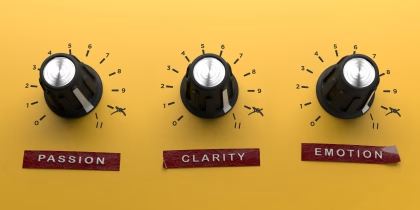Communication is crucial to encourage citizens to adopt sustainable habits, but the effectiveness of awareness-raising actions in the last decade has been limited. Therefore, it is essential to invest efforts to understand and improve the effectiveness of environmental awareness actions. This research aims to design an experimental model to evaluate the effectiveness of audiovisual products on ecological transition and circular economy for young people based on a classical narrative model. To this end, the discourses of communication experts obtained through the elaboration of 10 semi-structured interviews are analysed (using the grounded theory method). Subsequently, an evaluation model is designed, validated and tested by conducting a quasi-experiment with 59 high school students who are exposed to two stimuli (A and B) in groups, as well as to a pre-test and post-test, using neurocommunication systems. Firstly, the interview analysis results allow us to identify intermediate objectives, strategies and characteristics of the communicative products that could increase the effectiveness of the communication actions. Secondly, the results of the quasi-experiment allow us to evaluate the experimental model designed to measure the effectiveness of communication products. As a result of the whole process, a model for evaluating the effectiveness of audiovisual products is obtained, which allows the identification of the aspects that increase awareness campaigns’ effectiveness. Despite the limitations of the model, the great potential of using traditional and neuromarketing research techniques to identify aspects that improve the communication of ecological awareness campaigns is determined.
Related Posts
-

More Likes, More Tide? Insights into Award-winning Advertising with Affectiva’s Facial Coding
Consumer Insights
-

Why Dial Testing Alone Isn’t Enough in Media Testing — How to Build on It for Better Results
Consumer Insights
-

The Power of Emotional Engagement: Entertainment Content Testing with Affectiva’s Facial Expression Analysis
Consumer Insights
-

Tracking Emotional Engagement in Audience Measurement is Critical for Industry Success
Consumer Insights



